Aiming for “zero” environmental impact, Heineken Vietnam has been strongly promoting initiatives to optimize the application of circular economy in production and value chain.
As the world’s population continues to grow and human consumption demands continue to increase, the circular economy is a solution to minimize the impact of economic activities on the recovery of nature and ensure sustainable development for humanity. Maximizing the circular economy is also one of the main routes that Heineken Vietnam has been pursuing to realize its ambition of “zero” environmental impact.
At the 3rd Vietnam Circular Economy Forum (2024) recently organized by the Ministry of Natural Resources and Environment , Mr. Nguyen Huu Hoang - Head of Sustainable Development at Heineken Vietnam shared the company's experience in applying the RESOLVE circular economy model, including the following areas of action: Regenerate; Share; Optimize; Loop; Virtualize; and Exchange. This model is applied throughout production and all areas in the value chain of Heineken Vietnam, demonstrating the company's comprehensive approach to applying the circular economy.

Specifically in production, Heineken Vietnam promotes renewable energy. Currently, all of the company's breweries are using renewable thermal energy from biomass with input from agricultural by-products and waste such as rice husks and sawdust. In addition, the company recovers biogas from the wastewater treatment process to use as thermal energy for brewing beer. At the same time, all electricity consumed in production comes from renewable energy sources, guaranteed by energy attribute certificates. Mr. Hoang also said that Heineken Vietnam is continuing to move towards more radical renewable energy solutions, typically the Direct Power Purchase Agreement (DPPA).
By optimizing production processes, Heineken Vietnam breweries are pioneers in water and energy efficiency. The company currently records an average water efficiency of 2.57 hl/hl, much lower than the industry average of 3.04 hl/hl. Energy efficiency and conversion to renewable energy solutions have also helped the company reduce carbon emissions in production by up to 93% compared to 2018.
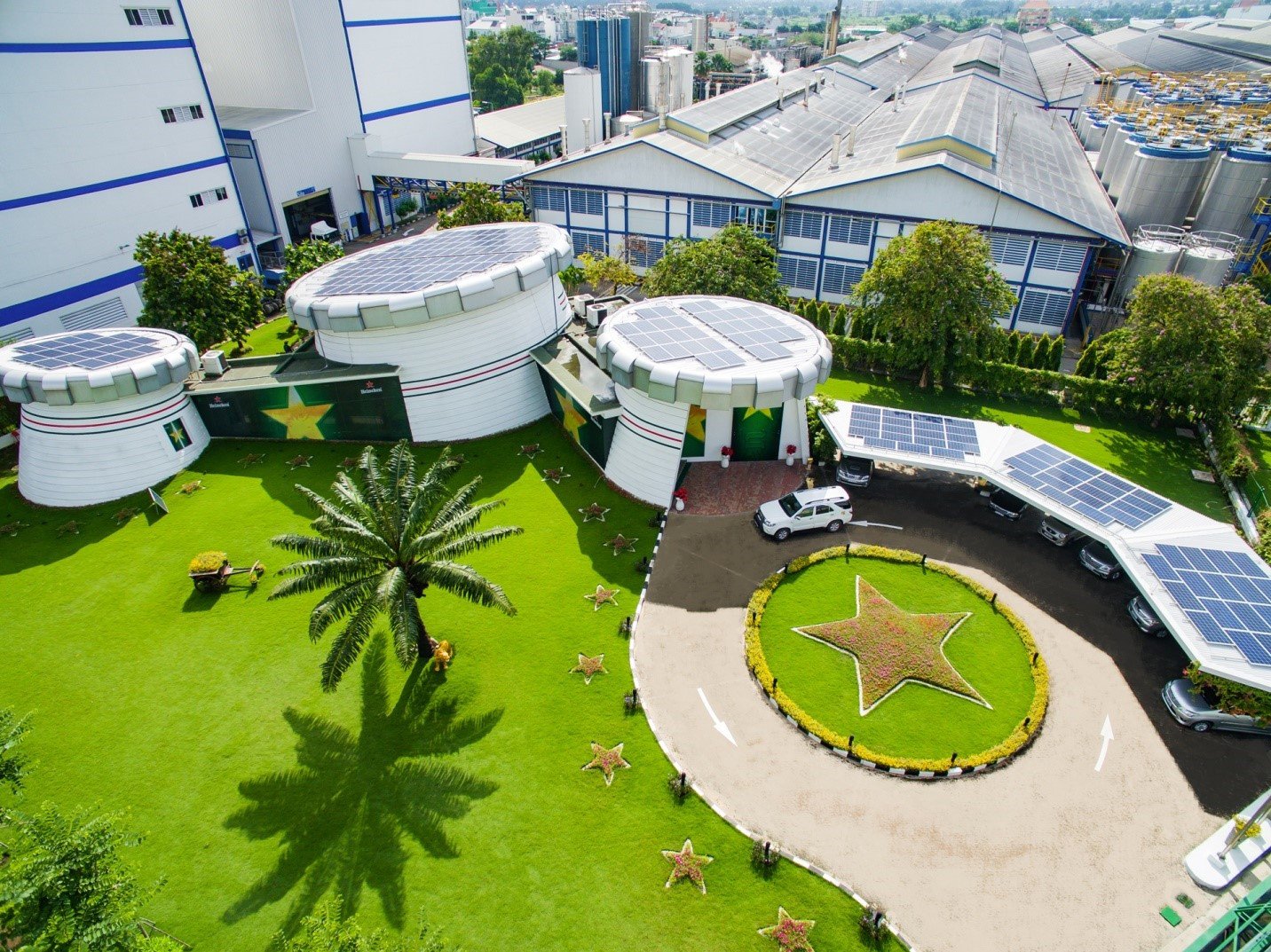
In waste management, the company focuses on sharing and recycling, using by-products and waste products from the production process to create higher value products as inputs for another process in the value chain. In particular, the pulp and yeast residue are used as animal feed, and the sludge after wastewater treatment is processed into fertilizer and clean soil. These solutions help Heineken Vietnam maintain its goal of zero landfill waste at its factories.
Regarding packaging, Heineken Vietnam also focuses on promoting circularity. The packaging of Heineken Vietnam products is designed to be recyclable, in which up to 97% of glass bottles and 99% of beer kegs after being released to the market are returned to the factory, undergoing a strict sterilization process, ensuring that they meet hygiene standards for reuse. Aluminum cans and cartons are also produced using recycled aluminum and paper. The company also applies innovation to reduce the use of materials, with T-wave cartons that reduce paper materials, and aluminum cans with a design that reduces the thickness of the can and lid, thereby reducing aluminum materials, while still ensuring the quality of the packaging when the product reaches consumers.
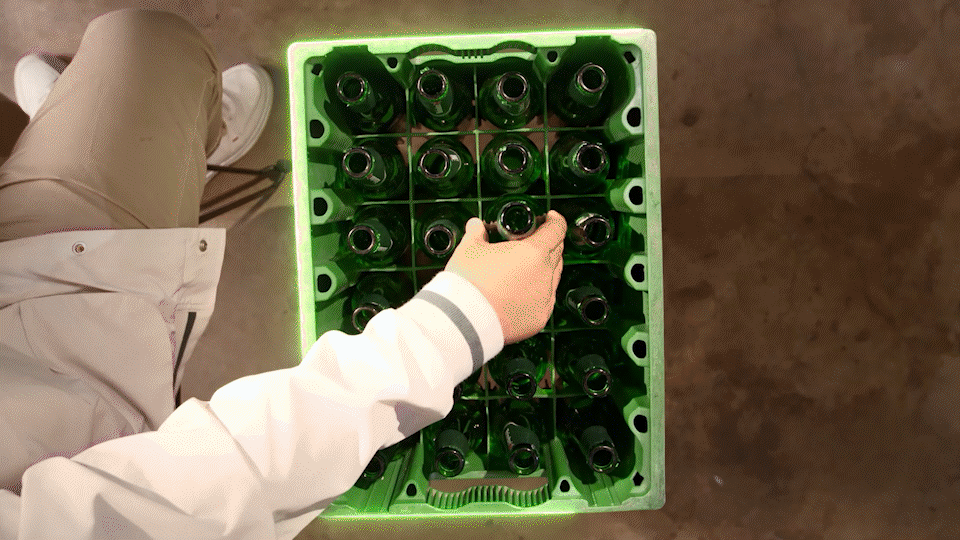
Heineken Vietnam has also continuously optimized and innovated in the field of logistics and refrigeration, typically using completely electric forklifts or energy-saving green refrigerators, thereby helping to reduce CO2 emissions. In addition, the company has been making efforts to digitize office and event operations, applying a flexible working policy, requiring employees to only come to the office 2 days/week, and encouraging online meetings.
With the motto “sustainable development is joint action”, Heineken Vietnam also actively mobilizes the business community to promote the application of the circular economy model. Faced with difficulties in accessing renewable energy sources and recycling infrastructure in Vietnam, the company affirms that it will continue to invest in the roadmap to maximize the circular economy and strive for innovation, and support partners in the supply chain to transform, towards the goal of a better Vietnam.
| With its continuous efforts, Heineken Vietnam has been recognized by the Vietnam Federation of Commerce and Industry (VCCI) as a pioneer in implementing circular economy and reducing greenhouse gases in 2024. |
Bich Dao
Source: https://vietnamnet.vn/heineken-viet-nam-chia-se-mo-hinh-kinh-te-tuan-hoan-trong-chuoi-gia-tri-2357443.html


![[Photo] General Secretary To Lam visits exhibition of achievements in private economic development](https://vphoto.vietnam.vn/thumb/1200x675/vietnam/resource/IMAGE/2025/5/18/1809dc545f214a86911fe2d2d0fde2e8)
![[Photo] National conference to disseminate and implement Resolution No. 66-NQ/TW and Resolution No. 68-NQ/TW of the Politburo](https://vphoto.vietnam.vn/thumb/1200x675/vietnam/resource/IMAGE/2025/5/18/adf666b9303a4213998b395b05234b6a)






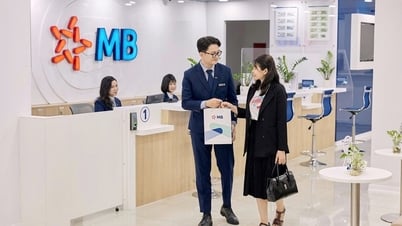

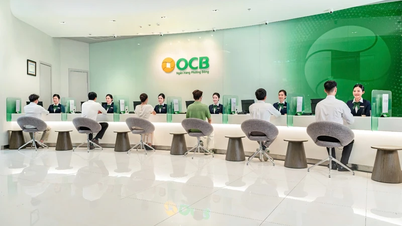


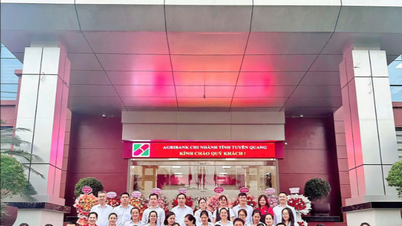

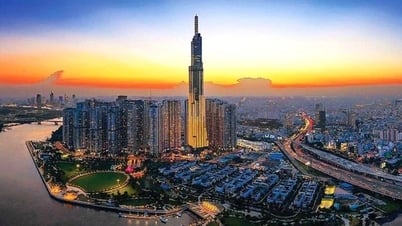

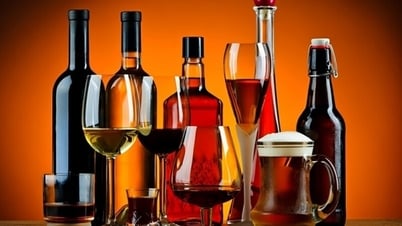

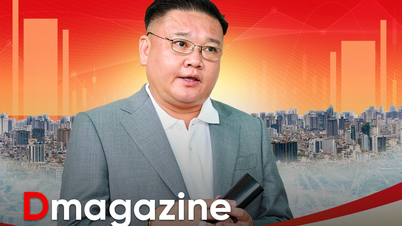

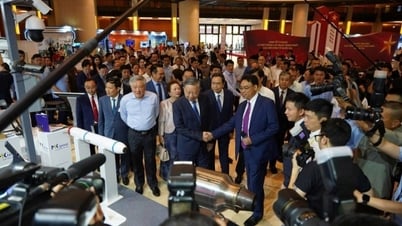

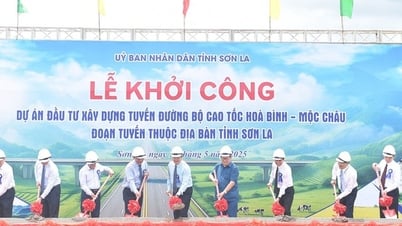






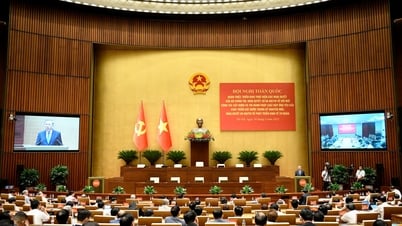


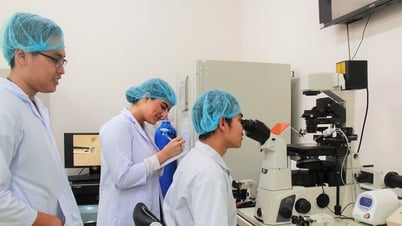
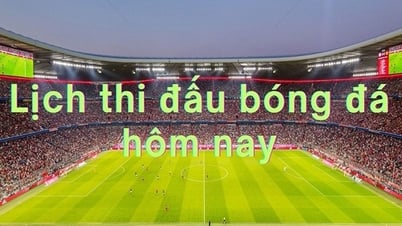
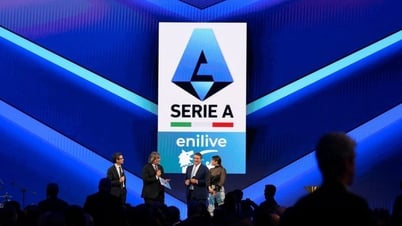













































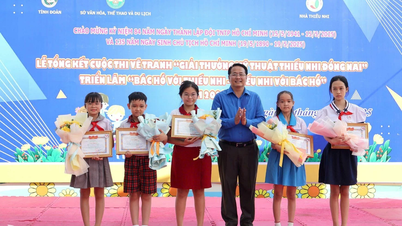

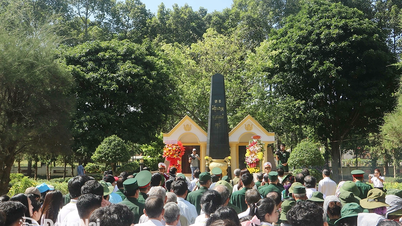
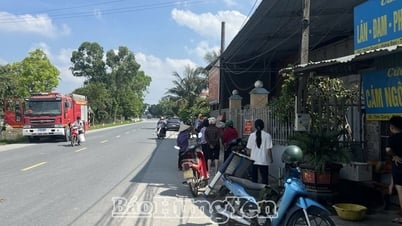














Comment (0)